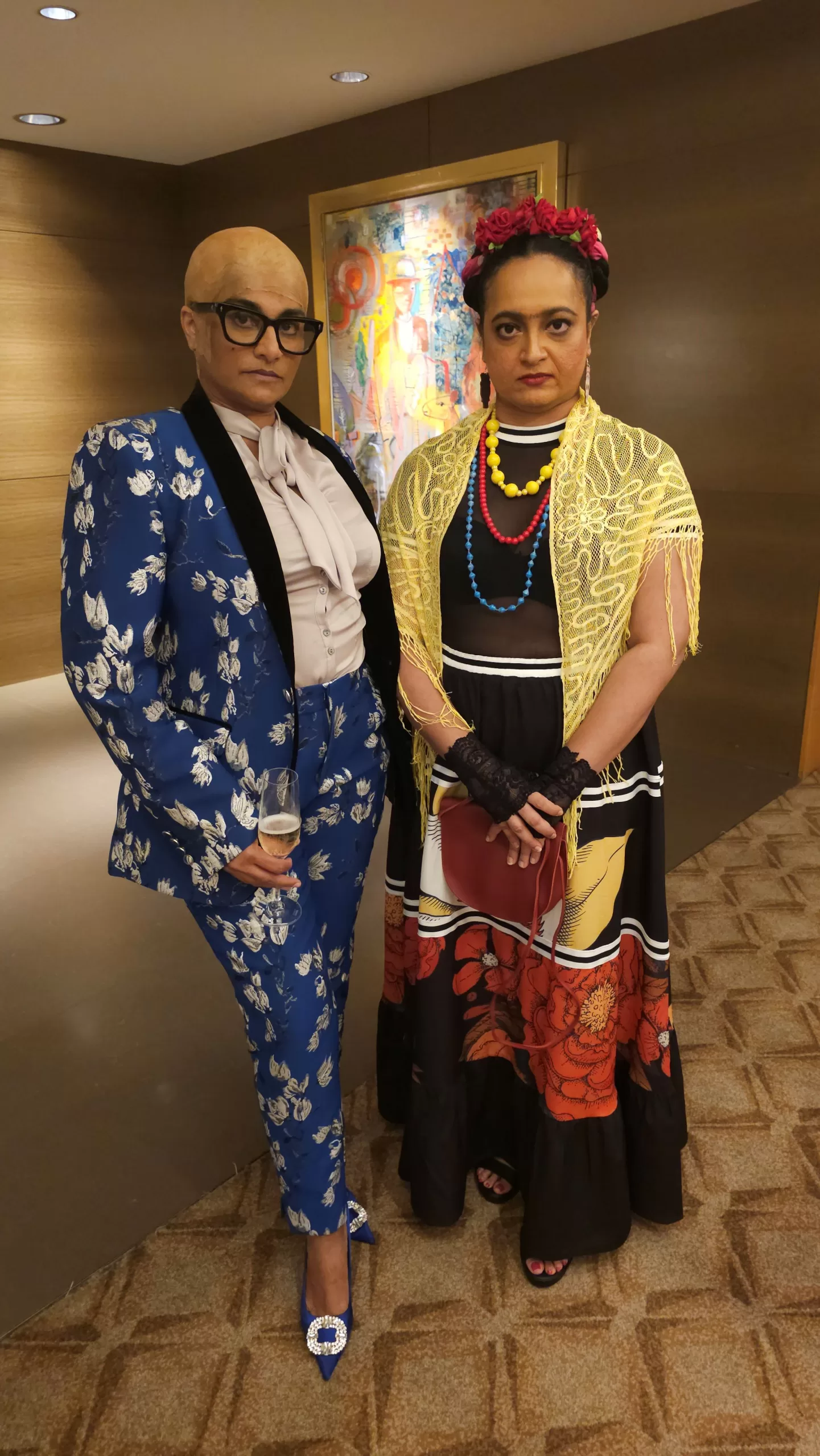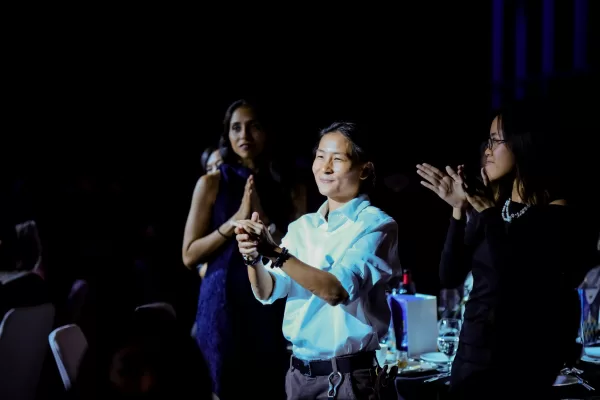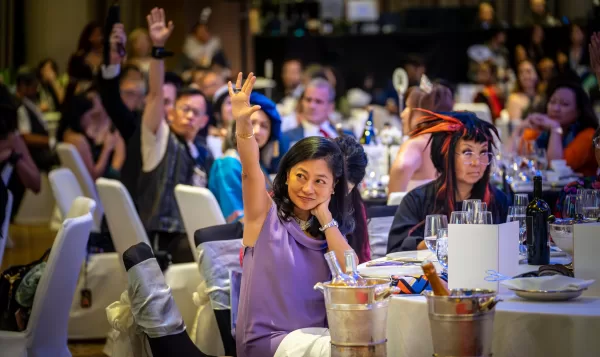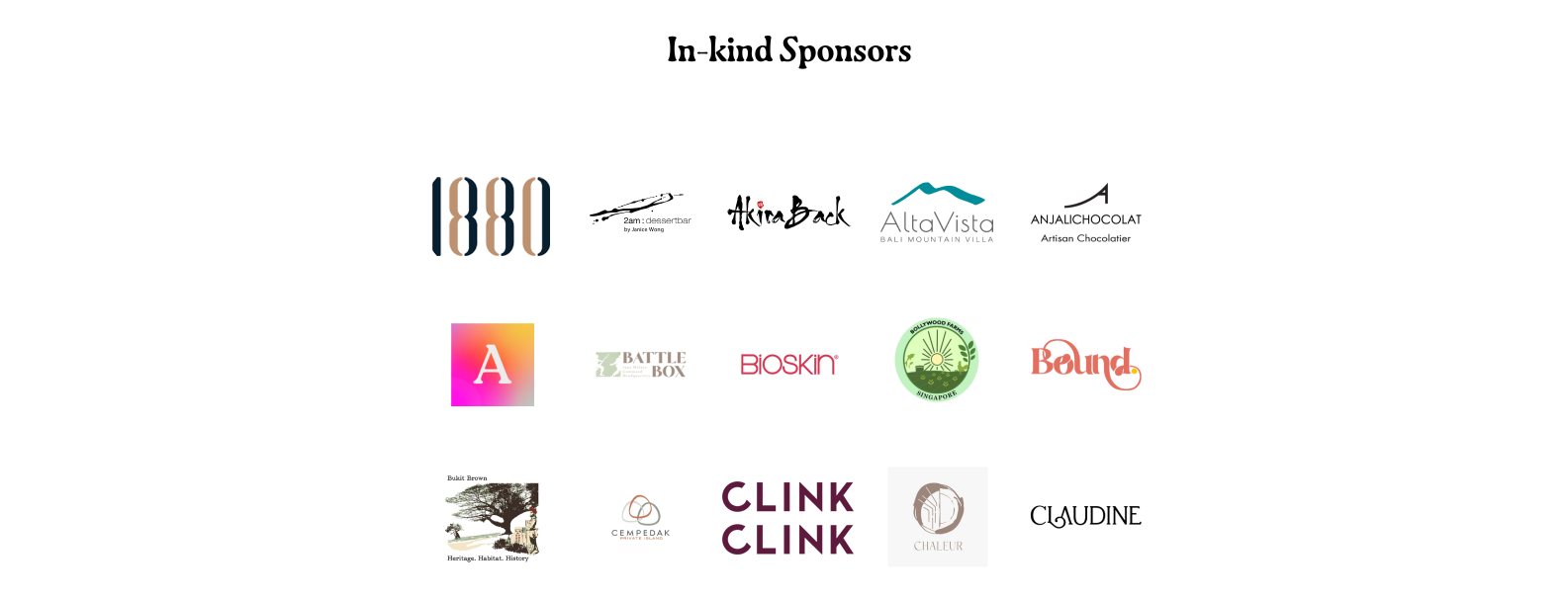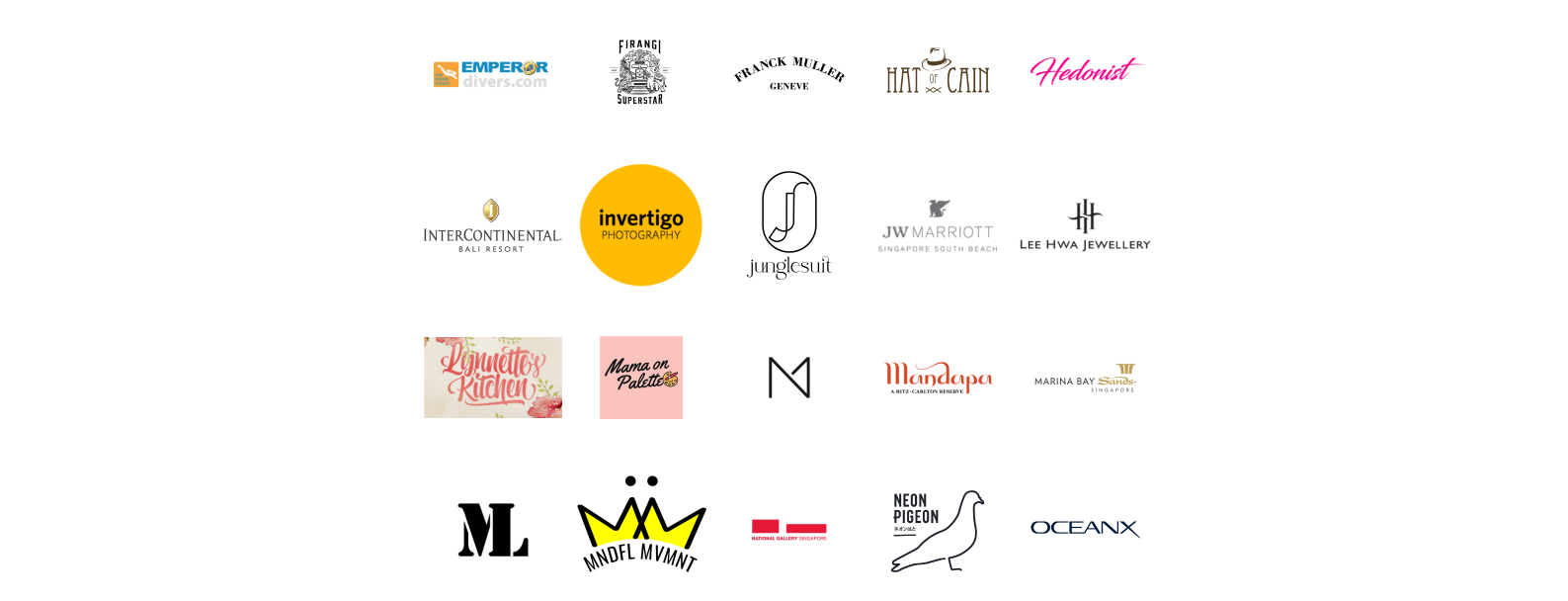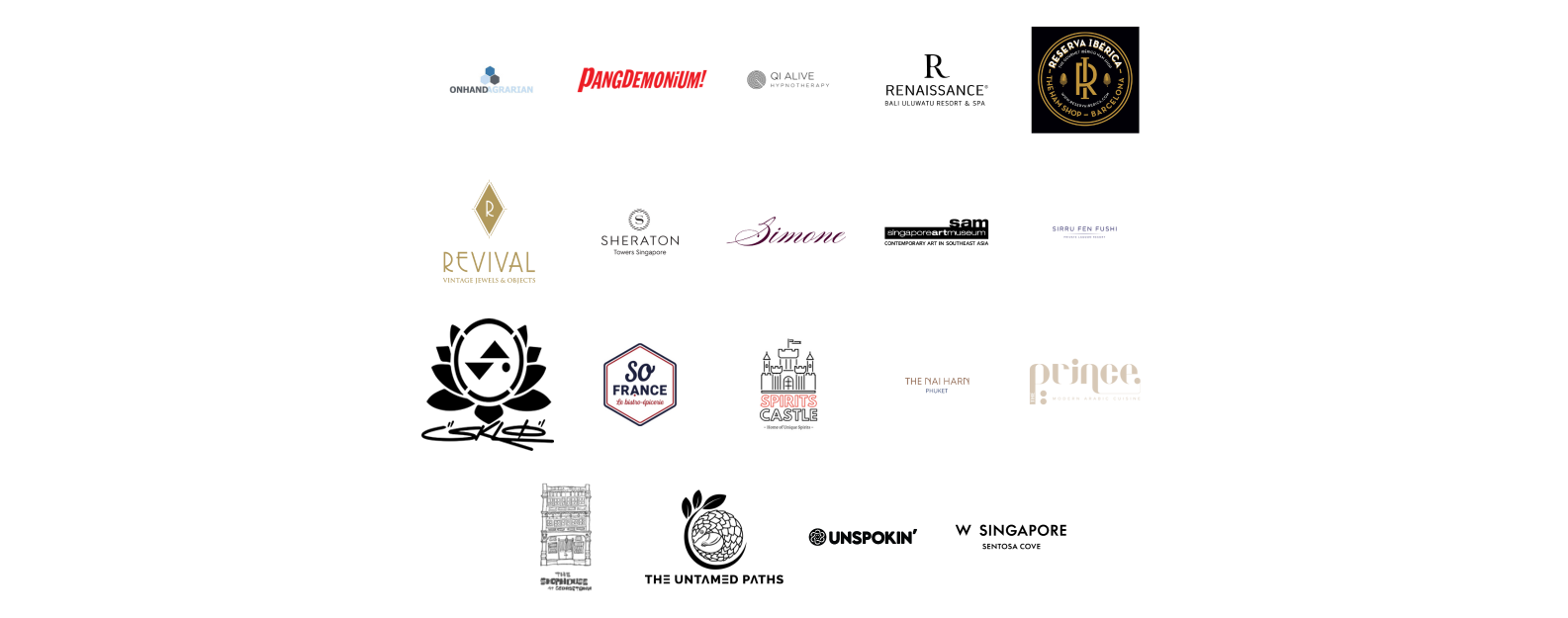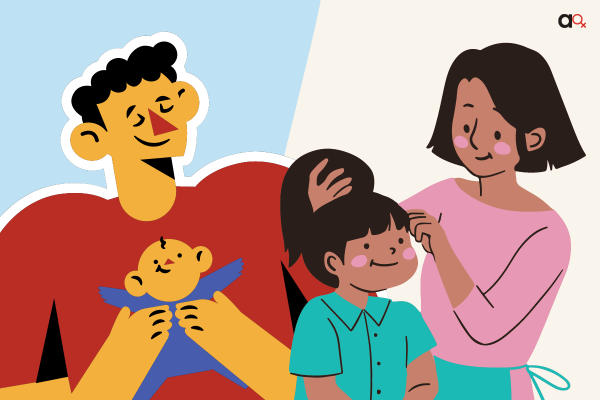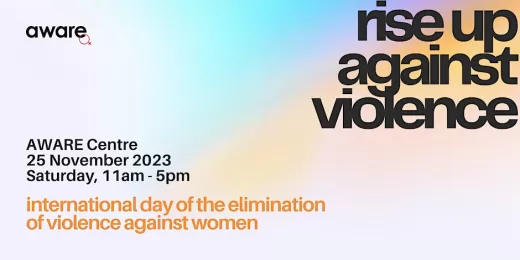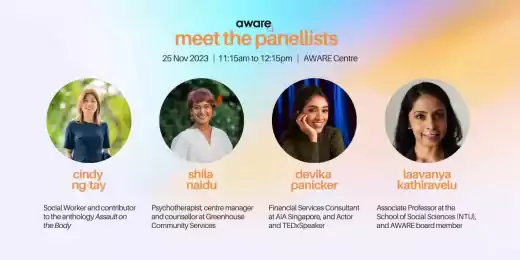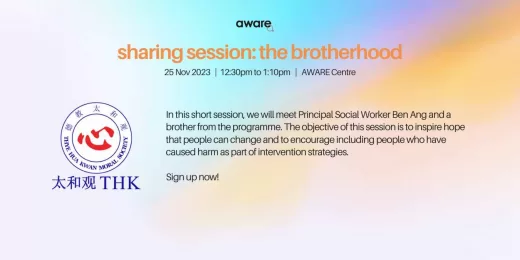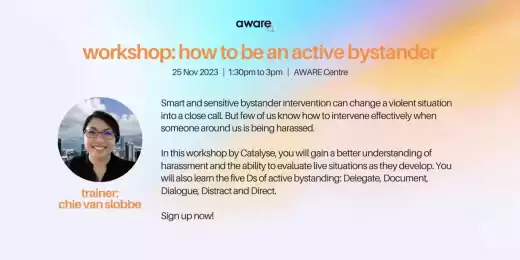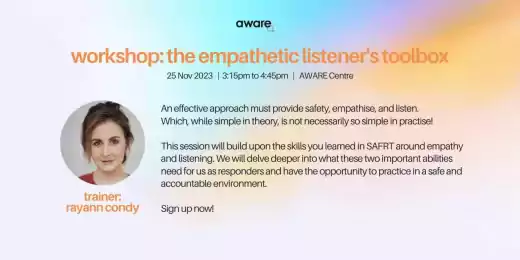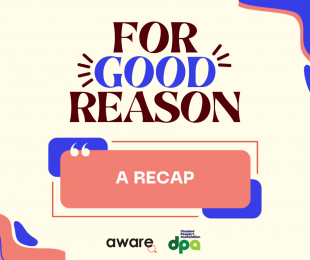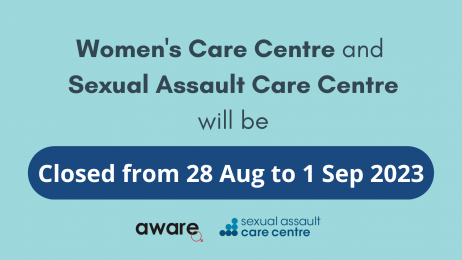
By Sugidha Nithiananthan and Adilah Rafey
AWARE commends the recently passed Platform Workers Act (PWA), which seeks to provide vital protections and rights for platform workers in the ride-hailing and delivery sectors. Under this Act, these Platform Workers (PWs) are recognised as a third legal class of workers, distinct from employees and self-employed workers.
This acknowledges the unique conditions platform workers experience in their work, which combines the flexibility of self-employment with a lack of autonomy over the terms of their work, similar to traditional employment.
The act provides long-overdue rights, such as the ability of workers to form Platform Work Associations, and crucial protections for retirement adequacy, work injury compensation and wage security. It is therefore no surprise that the Act was widely-supported across party lines and amongst Nominated Members of Parliament (NMPs).
Background
As of 2023, 3% of Singapore’s labour force works in some kind of platform work. When we expand the possible scope of platform work to include other forms of operator-based gig work, this figure increases to form close to 5% of the labour force.
Not only does platform work provide essential services which most of us rely on, but a large number of Singaporeans rely on platform work to make a living. While the PWA ensures that platform workers in ride-hailing and delivery sectors are afforded some of the rights that their counterparts in traditional employment enjoy, there are some areas where the PWA falls short.
Many are still not covered by the Act
The PWA’s definitions of “Platform Operators” and “Platform Workers” are wide enough to apply to a broad spectrum of platform workers. However, the Act then proceeds to limit it to only delivery and ride-hailing services.
Several parliamentarians echoed a concern that AWARE raised in the public consultation on this Act, which is that the Act excludes broad segments of platform workers, including those on platforms where the services are mostly provided by women.
Nominated Member of Parliament Usha Chandradas, referring to AWARE’s submission to the Ministry of Manpower in January 2024 on the platform workers legislation, emphasised this gendered lens during the Parliamentary debate on the PWA:
“Platform workers in the delivery and ride-hailing sectors tend to be male, whereas a greater proportion of workers in the areas of beauty and grooming, caregiving and cleaning services, tend to be female. Now, if we consider the framing of the Bill from this perspective, it appears that a good number of female platform workers may not be able to benefit from the protections offered by this new law.”
Platform Workers under the PWA can now receive employer’s CPF, compensation for injury under the Workmen’s Injury Compensation Act and be eligible for Workfare Income Supplement (subject to meeting the other criteria), and can form representative organisations (Platform Work Associations). Platform workers in the sectors not covered under the PWA deserve these protections just as much as delivery riders and ride-hailing drivers do.
In response to several queries across the board from all the parties and NMPs, Senior Minister of State, Ministry of Manpower Koh Poh Koon (SMOS Koh) said that the Ministry of Manpower “will certainly review the scope of the Act in the future as the platform landscape continues to evolve”. The plight of platform workers was recognised with the adoption of the PWA and we urge the Ministry of Manpower not to leave those left out of the PWA unprotected for much longer.
CPF contributions — risk of discrimination
CPF contributions will be mandatory for all born after 1995, while older workers can choose to opt-in. Those who choose not to opt-in will be required to continue to make their CPF MediSave contributions, but will not receive the PO’s contributions.
Most platform workers heavily rely on the take-home cash from their work, but also experience long-term precarity due to the lack of savings (including CPF) they are able to accrue from the job. As demonstrated by a 2023 DBS study, gig workers (which include platform workers) are the “most financially stretched” category of workers: with their expense-to-income ratio of 112% (compared to the median of 57%), they are effectively spending more than they earn. This means that many PWs may not actually be able to afford to opt-in.
For those who do opt-in or for whom CPF contributions are mandatory, this will result in a higher wage cost for the POs, who will have to make contributions to their PWs’ CPF accounts. This opens up the risk of discrimination by POs against such PWs.
In Parliament, MPs Pritam Singh, Louis Chua, Jamus Lim, Fahmi Aliman and NMP Ong Hua Han, amongst many others, brought up this issue of discrimination. In response, SMS Koh referred to market forces deterring POs from treating their workers unfairly.
Beyond relying on market forces or assurances from POs, it is important to ensure that the algorithms underpinning the platforms do not directly or inadvertently penalise PWs who are a higher wage cost to POs because of CPF contributions. AWARE recommends that the government implement guidelines for POs that mandate this requirement of the algorithms of these platforms.
AWARE also urges the government to consider requiring POs to compulsorily contribute their share of the CPF contributions for all their workers, including those who do not choose to opt-in. This will provide these financially-vulnerable PWs with much needed support for their housing and retirement needs and also remove the risk of discrimination by equalising the wage cost to the POs.
Wage security needed
Mr Ng (not his real name) is a platform worker who relies solely on his income from food delivery to support himself and his disabled family member, to whom he is the sole caregiver.
Mr Ng (whose story is highlighted by SG Riders, a grassroots network of food delivery riders) reports that he only receives $3 – $3.30 for jobs that would take close to one hour to complete on his Power-Assisted Bicycle. He has to work beyond midnight to make ends meet.
AWARE’s 2018 report “Why Are You Not Working?” revealed that many low-income mothers who perform caregiving duties are often only able to access employment through the gig economy because of the flexibility it provides. However, the low and unpredictable income typical of platform work entrenches them in a position of precarity and poverty. Platform workers deserve a reasonable level of wage security, and this was echoed by several parliamentarians, linking it to the Ministry of Manpower’s Local Qualifying Salary (LQS):
“I hope that we can pay a fair wage for our Platform Workers and ensure that they earn at least our minimum wage equivalent, the local qualifying salary.”
– Louis Chua (WP MP)
AWARE recommends that all platform workers should receive a minimum base fare guarantee, meaning a guaranteed amount that workers must receive for any given job. For starters, as recommended by several parliamentarians, this minimum base fare should be tied to the Local Qualifying Salary (LQS), and should progressively increase to a living wage standard, as echoed in parliament:
“Platform companies and platform work associations should work towards an appropriate minimum base fare, calculated with reference to [a] living wage.”
– Leong Mun Wai (PSP NCMP)
Protection against Harassment
According to several research studies across the world, women platform workers are more susceptible to abuse and harassment than their male counterparts. For example, a series of interviews conducted by the University of British Columbia showed that women platform workers often face sexual harassment and have few options for recourse when such incidents occur for fear of retaliation from customers and consequences from taking such action, which can range from lower ratings to being given fewer jobs as a result of reporting such incidents to the platform operators they work under.
Harassment is a serious form of abuse which affects the safety and well-being of the recipient of such harassment and AWARE recommends that platform workers should have legislative protection against harassment, whether from customers, the staff of platform operators or other platform workers on the same platform. The PWA does not contain such protection and the upcoming Workplace Fairness Legislation is not intended to include such protection for employees either. AWARE urges the government to introduce a new anti-harassment legislation which will protect all employees and platform workers.
Algorithmic Discrimination
In order to efficiently and adaptively allocate jobs to platform workers, platform operators often rely on algorithms which take into account many factors and use additional features, such as incentives, to adjust labour supply to customer demand. For example, they measure each worker’s “Acceptance Rate”, which refers to the percentage of orders accepted while online, and “Cancellation Rate” which refers to the percentage of orders cancelled after accepting, and these measures affect how jobs are offered to platform workers.
However, while algorithms are crucial to platform services and are efficient at maximising profits, there are many unintended effects which, when unregulated, often result in discriminatory labour practices.
As stated in AWARE’s submission to the Ministry of Manpower in January 2024, and which NMP Usha Chandradas highlighted as follows during the Parliamentary debate on the PWA:
“the design of these platforms can inadvertently result in gender imbalances being perpetuated. To put it another way, digital labour platforms are built using real world data, but we must not forget that the real world is itself full of biases and imbalances.[…] if workers have unpredictable caregiving responsibilities and need to suddenly cancel work assignments, because of these responsibilities, they may accordingly be penalised by platforms which operate by automatically allocating tasks to workers. Similarly, if ride-hail or delivery workers choose to decline jobs that take place late at night, or in areas where they feel it is unsafe to work, they lose out on potential job opportunities. […] Given that women still tend to take on the lion’s share of caregiving responsibilities in society, and given that women are also a group who may be exposed to higher levels of risks when working alone in remote areas, or late into the night – the overall outcome is a situation where gender pay imbalances continue to be perpetuated even in the realm of platform work.”
Beyond pay gaps which arise from the time flexibility and choices which women platform workers are more likely to exercise, algorithms may also inadvertently reproduce existing social biases against women through ratings systems, where women are more likely to be rated unfavourably by customers, affecting their access to jobs as a result of this.
AWARE therefore recommends that the government issue guidelines to platform operators that mandate that platforms must be designed in gender-sensitive ways.
AWARE also supports the suggestion by Nominated Member of Parliament Jean See, who recommended that algorithms be required to fulfil requirements set by AI Verify, which “apply standardised tests to validate their AI systems’ performance against internationally aligned AI ethics principles of transparency, explainability, repeatability, safety, security, robustness, fairness, data governance, accountability, human agency and oversight, inclusive growth, and societal and environmental well-being”. AWARE suggests that the government incorporate this requirement in guidelines for platform operators on the design of their platforms.
The PWA, in context
Notwithstanding these gaps and risks, the PWA is a huge step forward for some of these very vulnerable and unprotected class of workers. We hope that the rest of the workers on non-ride-hailing or delivery platforms, many of whom are primarily women, will not be left unprotected for long; no reason has been given as to why they could not be afforded the same protection.

